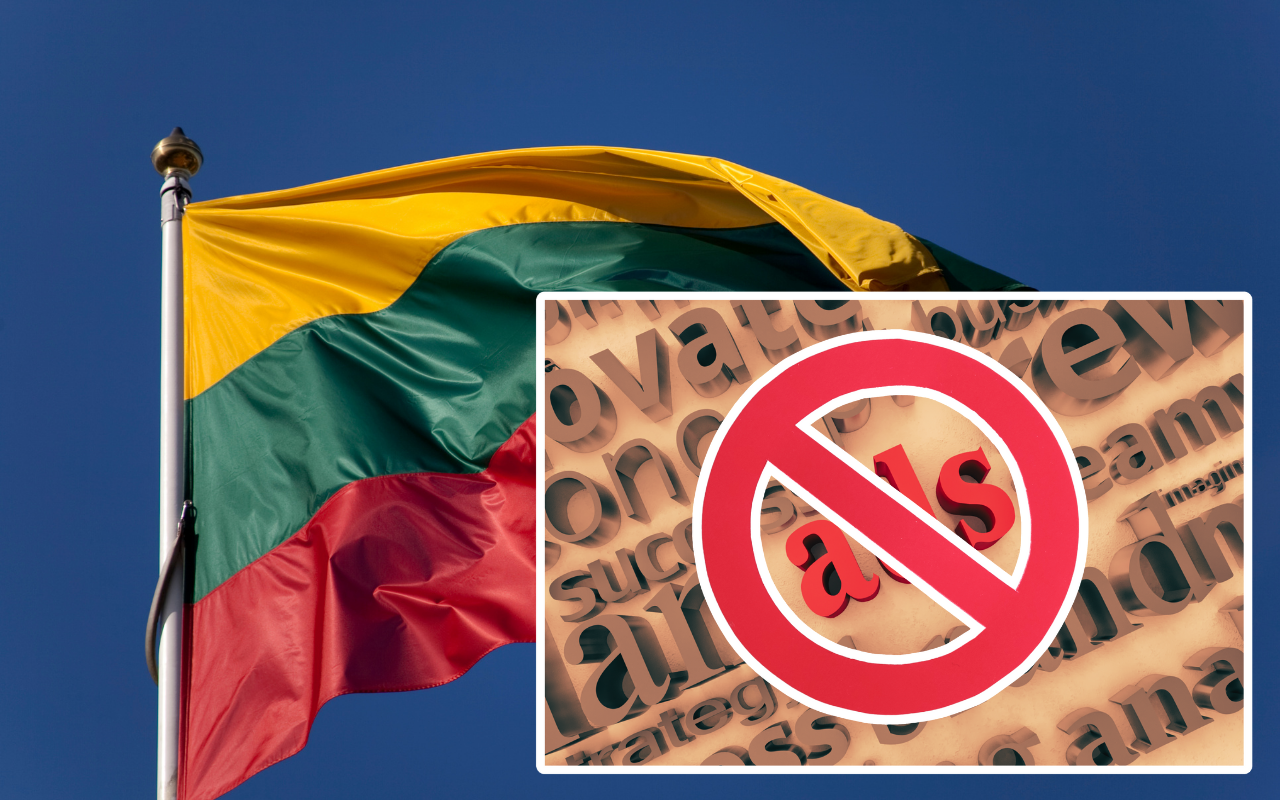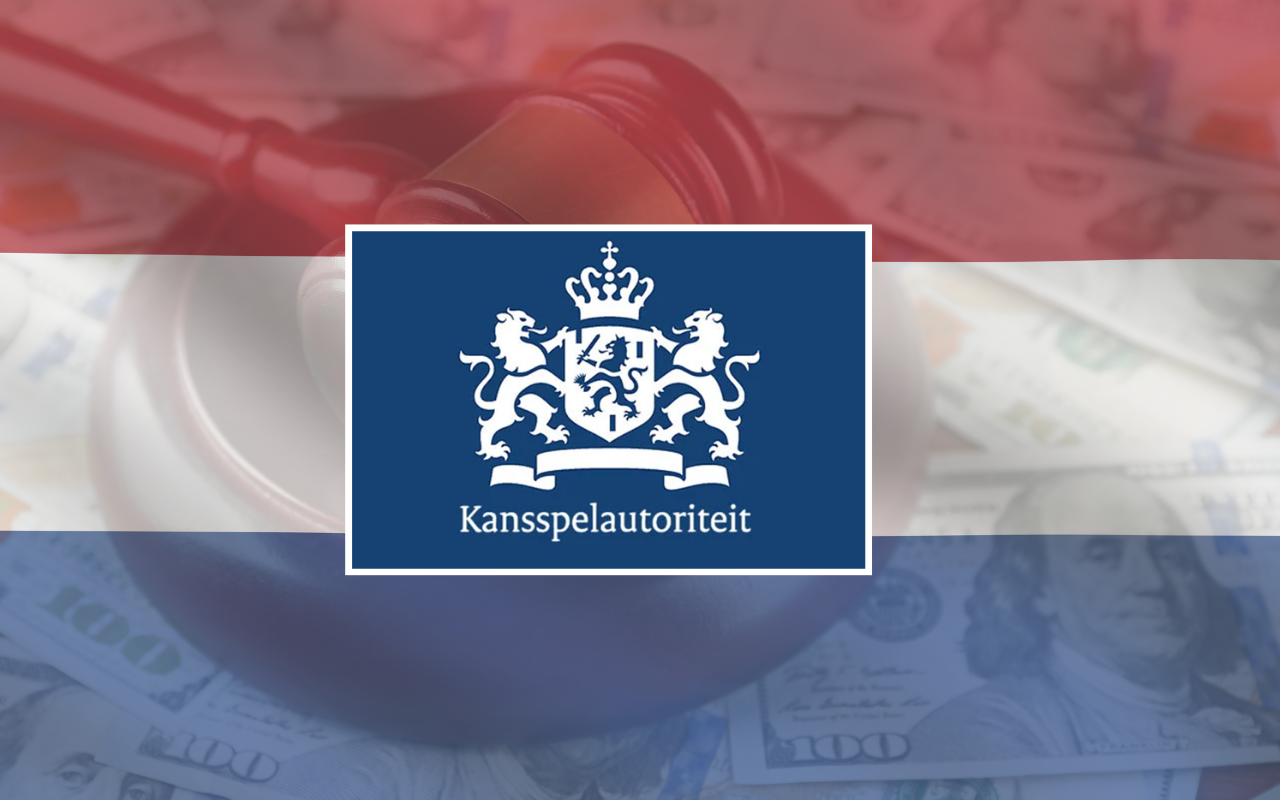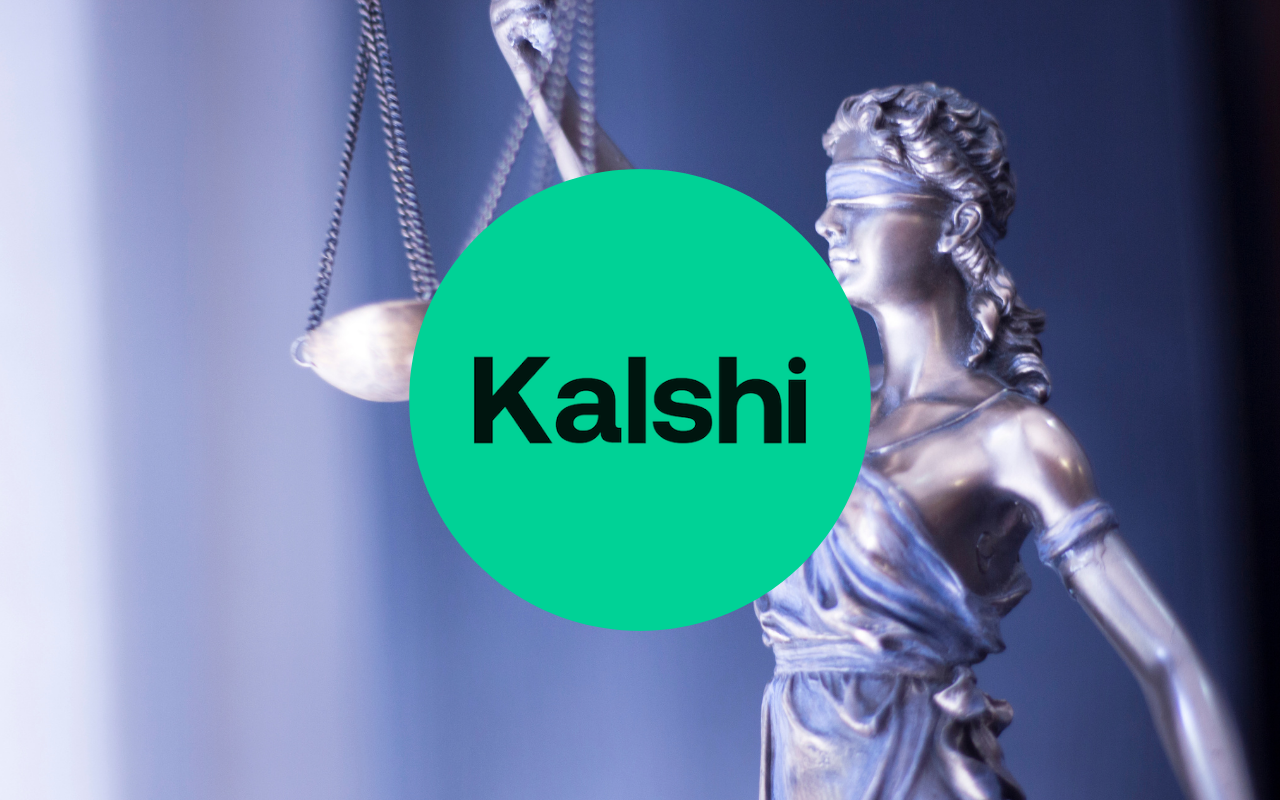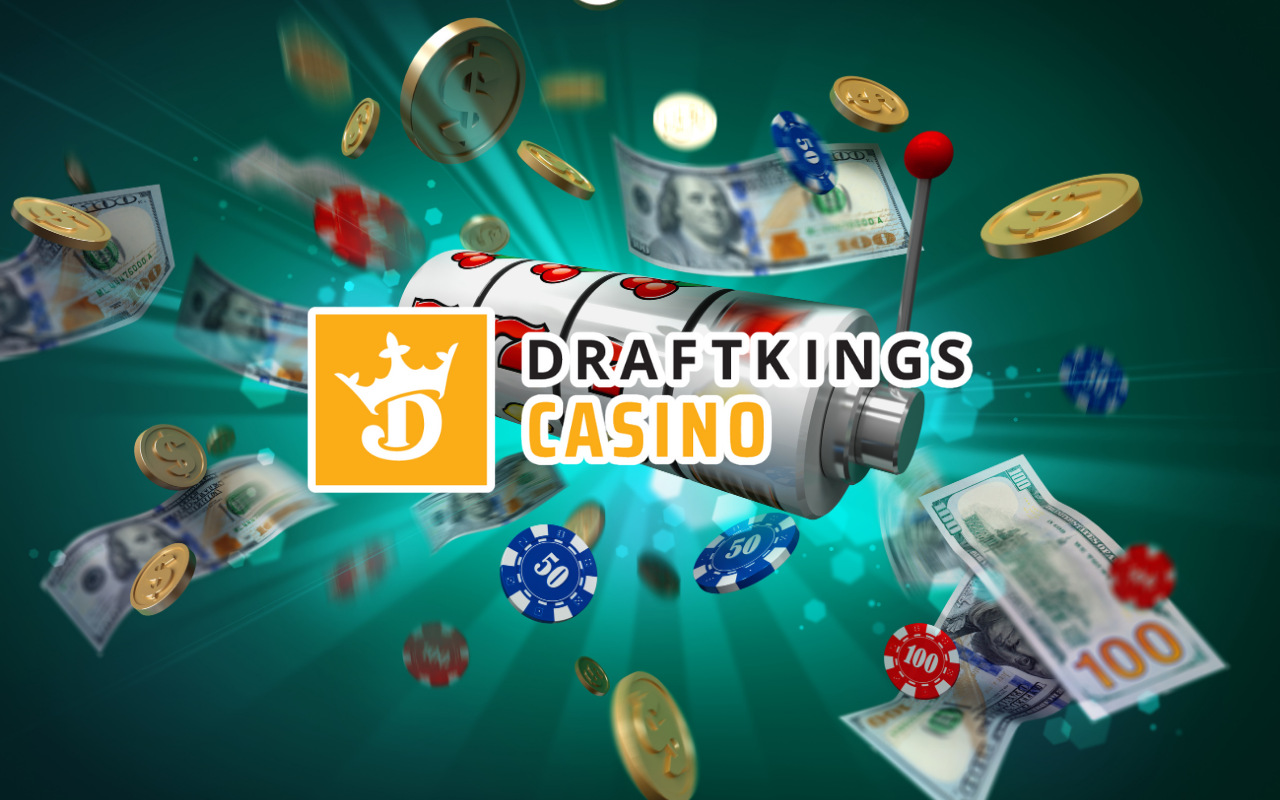Lithuania’s Comprehensive Ban on Gambling Advertising: A Regulatory Overhaul

In a significant shift in its regulatory landscape, Lithuania is set to initiate a comprehensive ban on gambling advertising, which will be implemented gradually over the next three years.
Starting on July 1, 2025, Lithuania will introduce a two-phase amendment to its gambling advertising regulations. In tandem with this, the regulatory body has unveiled measures aimed at tackling illegal gambling and bolstering consumer protection. These include imposing fines that are more than ten times the current maximum, along with strengthened regulatory and responsible gambling guidelines.
Advertising Regulations
Current Status
As it stands, Lithuania prohibits unlicensed gambling advertisements and bans any gambling-related content on websites intended for those under 18. Furthermore, any encouragement to participate in gambling activities, including operator events, trial gambling, promotions, discounts, gifts, and similar incentives, is strictly forbidden.
Gambling advertisements currently must include cautionary messages such as:
- Engaging in gambling can lead to addiction
- Gambling involves more than just financial loss
- Irresponsible gambling can harm you and your family’s well-being
- Excessive gambling can result in addiction
Anticipated Changes
For nearly a year, Lithuanian authorities have been working diligently to tighten advertising regulations. The initial draft was introduced in November 2024, with the following changes effective from July 1, 2025:
- Gambling advertisements on TV, radio, and the internet between 6 a.m. and 6 p.m. will be limited to no more than three advertising spots of up to 15 seconds per hour, and such ads must not exceed 20% of the page’s ad space;
- Gambling ads on TV, radio, and the internet between 6 p.m. and 12 a.m. will be limited to no more than two spots per hour, and such ads must not exceed 10% of the page’s ad space;
- Betting advertisements on websites will not be permitted to appear in pop-up windows.
Gambling advertisements will remain permissible on TV, radio, and online platforms until the end of 2027, subject to these new restrictions.
Sponsorships by gambling companies will be prohibited starting January 1, 2028, including any sponsorship of public events, activities, or individuals by gambling enterprises. Until then, sponsorships by licensed gambling operators will be allowed if compliant with the law.
Therefore, beginning in 2028, all forms of gambling advertising will be effectively banned in Lithuania, with only limited exceptions: companies will be allowed to display their name and logo at their business premises and list the types of gambling offered.
To mitigate the impact on affected media, Lithuania has allocated EUR 4 million in compensation.
Additionally, the government has banned slot machines in public spaces such as cinemas and transport hubs. These restrictions align with a separate law enacted by regulatory authorities, which introduces increased fines and new responsible gambling obligations.
Responsible Gambling
Current Status
Presently, individuals over 18 can access slot halls, bingo venues, and betting shops, while casino access (both online and land-based) is restricted to those 21 and older.
Players have the option to self-exclude from online gambling for a minimum of six months. Once self-excluded, they are prohibited from entering gambling venues or participating in remote gambling for the chosen exclusion period or, by default, two years.
Players also have the right to:
- Set time limits for uninterrupted gambling sessions;
- Set a maximum bet per session or per wager;
- Establish spending limits over specified timeframes.
Anticipated Changes
From July 1, 2025, significant changes to the regulations concerning sanctions and responsible gambling will be implemented. These amendments, approved on November 7, 2024, include the following provisions:
- Fines for a range of misdemeanors, such as unauthorized payouts, capital requirements, advertising, or responsible gambling breaches, will see a substantial increase, now calculated based on gross annual income. The average fine is expected to rise from the current EUR 50,000 to a future EUR 700,000.
- Land-based operators will be mandated to have a qualified employee capable of identifying potential problem gamblers and advising them on taking a break or ceasing gambling. Online operators will require a certified gambling platform that can record players’ identities and monitor their gambling behavior, including the amount of money and time they spend.
- The platform will also document the actions taken by operators to enforce responsible gambling measures and report them to the Slot Machine Control Information System (LAKIS), overseen by the Gambling Supervision Service, at least every 30 days.
Moreover, in January 2025, new rules targeting payment providers were introduced. From May 1, 2025, providers will be mandated to verify whether card-based transactions are linked to licensed gambling operators. A list of authorized operators will be published by the regulator. If a payment is associated with an unlicensed operator, it must be blocked.
Payment providers will use identification codes from international card schemes to detect unauthorized operators. However, transactions initiated outside Lithuania’s jurisdiction are exempt from this rule.
Finally, as a result of tightening upcoming changes, on March 13, 2025, the regulator published a draft of responsible gambling rules for licensed operators, which includes:
- Procedures for identifying and managing problem gambling;
- Tools to monitor time and spending limits;
- Risk assessment systems based on player behavior;
- Obligations to provide players with responsible gambling warnings;
- Staff training requirements;
- Continuous monitoring and intervention systems.
For these rules, Lithuania must now obtain European Commission approval under Directive (EU) 2015/1535, which requires the notification of technical regulations that may affect the internal market. The standstill period ends in June 2025.
Conclusion
In conjunction with advertising and responsible gambling reforms, Lithuania is overhauling its broader regulatory framework.
In November 2024, new licensing procedures were published, outlining how licenses are granted or refused and detailing the process for issuing warnings for potential suspension or revocation. Separately, tax amendments were adopted, setting a 22% tax rate on the base for lotteries and all regulated gambling verticals.
This demonstrates that over the past year, the Lithuanian regulator has remained focused on tightening industry regulations. While the goal is to enhance transparency and increase revenues from licensed operators, there is a risk of pushing local businesses out or driving players toward offshore sites. The advertising restrictions will become extremely stringent, and the growing burden on both players and licensed operators adds pressure. It is hoped that efforts to align with EU standards by mirroring neighboring countries won’t lead to market stagnation or isolation through excessively rigid regulation.









